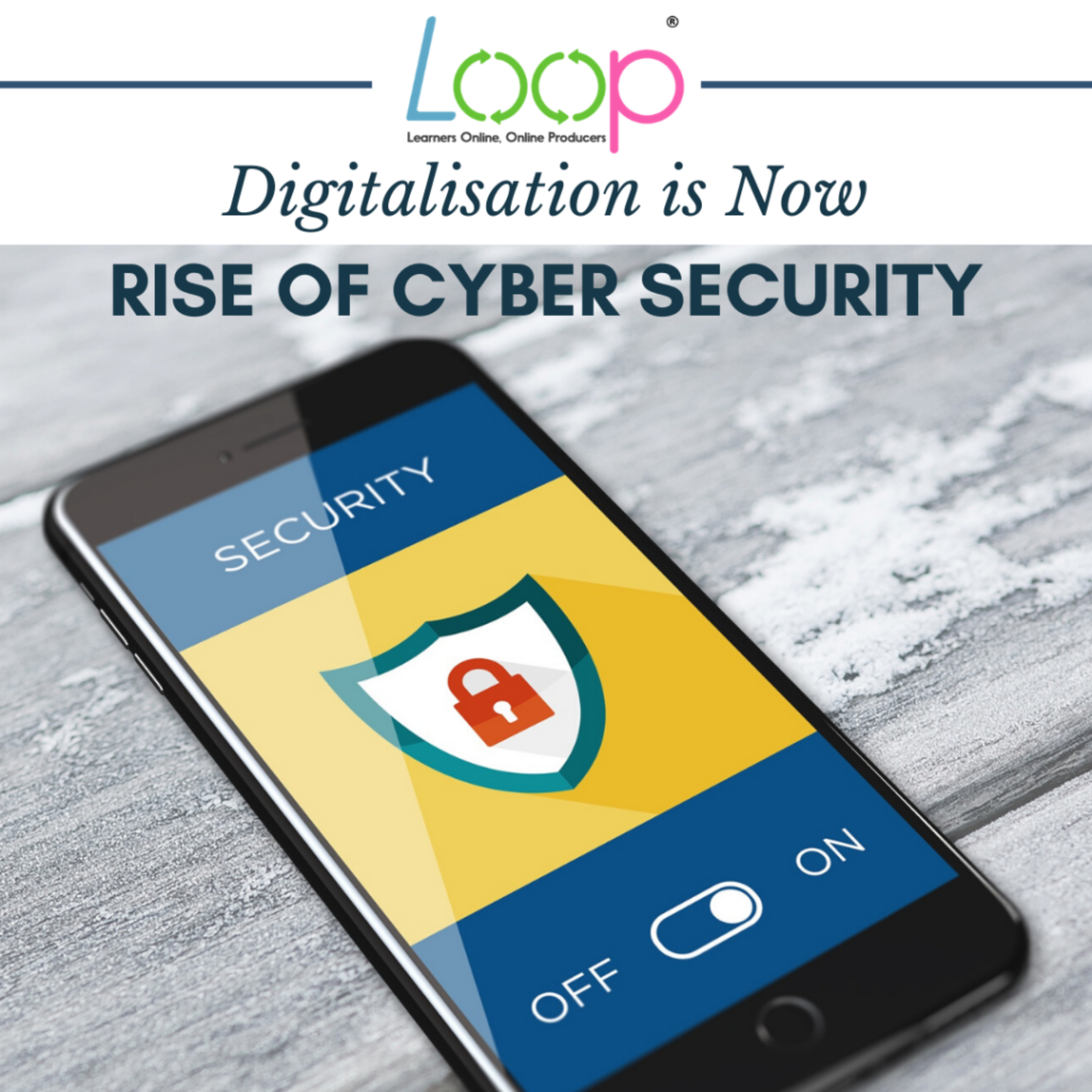BLOG

DIGITALISATION IS NOW, RISE OF CYBER SECURITY
Published on June 15, 2020
With eLearning being the face of ‘modern learning’, this means that “online education will eventually become an integral component of school education“, as mentioned by Wang Tao, Vice President of Tencent Cloud and of Tencent Education (Li & Lalani, 2020). As Singapore prepared to go into circuit breaker and home-based learning in April, schools, learning centres, training centres scramble to take their lessons online. The better-prepared ones are able to transit to eLearning rather smoothly while the under-prepared ones suffered backlashed in taking its lessons online. Parents were frustrated over the lack of live interactions with the teachers, scheduling of online lessons at a different timing to regular lessons, and the lack of consultation with the parents to address any concerns they may have. These concerns were subsequently addressed with better communication with the parents (Wong, 2020). However, these are not the only concerns.
Cyber security is an important area of concern. In the October 2019 edition of the Singapore Threat Report, Carbon Black conducted a survey with more than 250 chief information officers (CIOs), chief technology officers (CTOs), and chief information security officers (CISOs) to find out more about the cyber security scene in Singapore in the past 12 months. These personnel come from various sectors including financial, healthcare, government, retail, manufacturing, food and beverage (F&B), utilities, professional services, and media and entertainment. Findings from the survey has found that 96% of the organisations experienced one or more breaches due to external cyber-attacks, and this number is the same as in the January 2019 edition. Moreover, the survey has also found that 93% of the organisations experienced an increase in cyber-attacks, just marginally more than 92% as reported in the January 2019 edition (Low, 2019).
The education field is not spared from cyber-attacks as well. Zoom is a teleconferencing application that gained popularity due to its ability to accommodate many users in a single session, which is necessary for teachers and trainers in conducting mass lessons for multiple classes of students. In fact, in March 2020, it reached a daily high of 200 million users. A month later, Singapore reported its first case of hackers crashing into a geography lesson; these uninvited people posted obscene images and made lewd comments to the students in the lesson. Hence, in view of Zoom’s initially lax security features, Singapore temporarily banned all Ministry of Education (MOE) schools in using Zoom as part of its home-based learning until the issue is resolved. Today, all Zoom meetings require a password to join in, and users can activate the waiting room feature to prevent uninvited guests from joining the session. Unless you are logging in with your own account, you will need to enter the meeting ID and password, and will have to wait in the ‘waiting room’ until the host of the meeting admits you in. In fact, even if you login earlier than the host does, you will still have to wait until the host admits you in (Baharudin, 2020).
Teleconferencing application is not the only area that teachers/trainers and training providers should be concerned with. In looking at Learning Management System, these are the concerns: first contact, verification, and integrity. First contact; users should have unique ID that makes it difficult for hackers to access the access point. Verification; users should be verified that they are the ones that should have access to the account. Integrity; users should only be able to access the content they can access, modify the content if they are authorised to do so (Angelis, 2014).
Overall, cyber security issues is here to stay as the COVID-19 accelerated Singapore’s digitalisation efforts. Hackers will continue to find all means and ways to obtain confidential information illegally while going undetected as long as possible, to sell the information in the dark web. In looking at cyber security issues, everyone has a part to play in this battle against hackers; we should be concerned over cyber security issues and do what we can do to minimise the possibility of our accounts and information being hacked. Do not be like Mark Zuckerberg, who was reported to have seemingly defied his own Facebook’s security guidelines by re-using the same password for his LinkedIn, Twitter, and Pinterest accounts (Lee, 2016).
About LOOP Learning Management System
LOOP which means “Learners Online, Online Producers” is newly launched to play a role in this new digital market. It is a simple to use learning management system that can be easily adopted by all entities at a small investment cost. We do have ready content (courses) that can be loaded onto our learning management system for any entity to commence virtual training for their stakeholders immediately. Thus, LOOP has been created to meet the needs of the entities!
To find out more about LOOP: https://www.loop.asia/
References
Angelis, D. D. (2014). LMS Security: Problems and Solutions. Retrieved from eLearning Industry: https://elearningindustry.com/lms-security-problems-solutions.
Baharudin, H. (2020). Coronavirus: No more Zoom for home-based learning after hackers show obscene photos to Singapore students. Retrieved from Straits Times: https://www.straitstimes.com/singapore/hackers-hijack-home-based-lessons-on-zoom-to-allegedly-show-obscene-photos-to-children#:~:text=SINGAPORE%20%2D%20All%20teachers%20will%20stop,obscene%20picture%20to%20some%20students.
Lee, M. (2016). Mark Zuckerberg Hacked For The Third Time This Year. Retrieved from Forbes: https://www.forbes.com/sites/leemathews/2016/11/16/mark-zuckerberg-hacked-for-the-third-time-this-year/#531c64cfbd9a.
Li, C., & Lalani, F. (2020). The COVID-19 pandemic has changed education forever. This is how. Retrieved from World Economic Forum: https://www.weforum.org/agenda/2020/04/coronavirus-education-global-covid19-online-digital-learning/.
Low, Y. (2019). High volume of cyber attacks in S’pore in past year, mostly ransomware: Report. Retrieved from Today Online: https://www.todayonline.com/singapore/high-volume-cyber-attacks-singapore-year-ransomware-chief-attack-mode-report.
Wong, D. (2020). COVID-19: Parents voice frustration over learning centres’ arrangements amid suspension of classes. Retrieved from Channel News Asia: https://www.channelnewsasia.com/news/singapore/covid19-coronavirus-education-learning-centre-tuition-enrichment-12587216.

